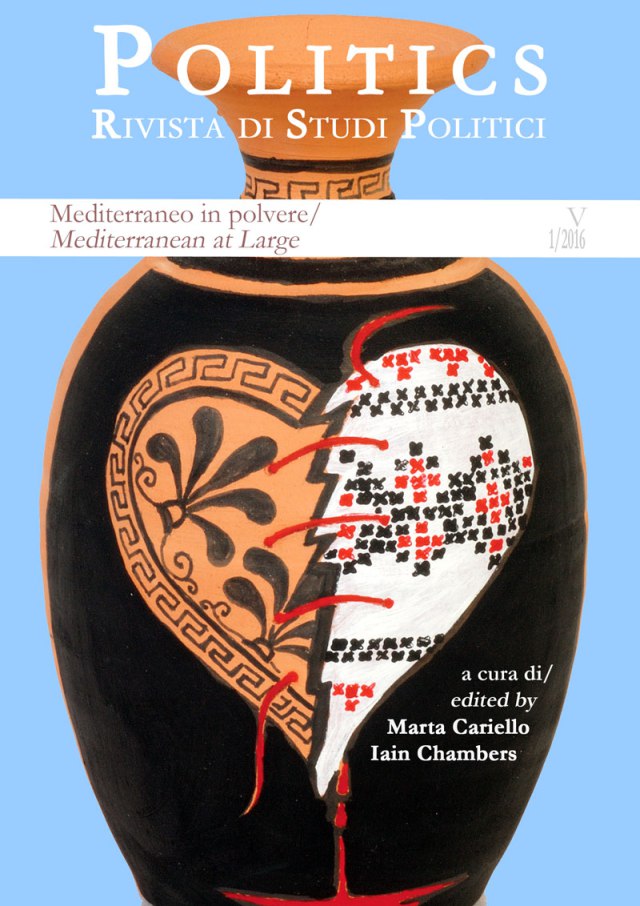L’istituzione del porto franco in un Mediterraneo senza frontiere
Abstract
The free port has played a primary role in the Modern Age Mediterranean economic policy. In order to give a boost to the local economy, favourable regulations to the arrival and rapid integration of foreigners within the pre-existing socio-economic environment were established. In the Mediterranean ports – namely Genoa, Leghorn, Marseille, Trieste and Fiume, Messina, Nice, etc. – a great number of ship owners, vendors, simple traders or salesmen, together with their relatives, house helpers and employees used therefore to arrive. They moved there whilst maintaining tight relations with their motherlands. The local élites, scared of losing their power, opposed these ventures. It is possible to pinpoint and single out a few common elements in the regulation of these ports, which appealed to the contemporaries, and thanks to which social, cultural, linguistic and political barriers were being shattered. What stands out from this analysis is an image of a dynamic and open-minded Mediterranean and Europe.Downloads
Download data is not yet available.
Pubblicato
2016-07-21
Sezione
Articoli
Copyright (c) 2016 Antonio Iodice

This work is licensed under a Creative Commons Attribution-NonCommercial-ShareAlike 4.0 International License.
In conformità col Public Knowledge Project, la rivista accoglie l'uso di una licenza CREATIVE COMMONS license CC Attribuzione - Non commerciale - Condividi allo stesso modo 4.0
http://creativecommons.org/licenses/by-nc-sa/4.0

